The foreign-language film that secured five Oscar nominations this year
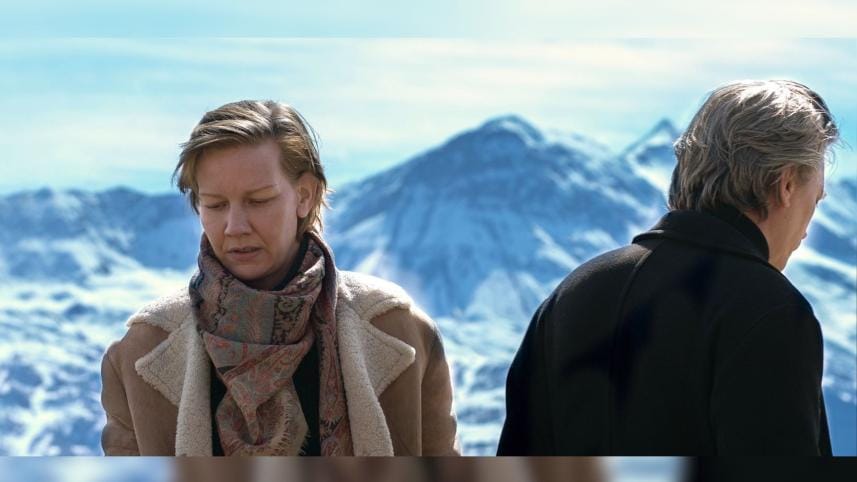
In the shadow of the snow-draped French Alps lies a riveting tale– that transitions from a slack murder mystery to an edge-of-the-seat courtroom drama– engaging viewers with its enigmatic narrative and thought-provoking exploration of human complexities. With five Oscar nominations to its name, "Anatomy of a Fall", unfolds with gripping intensity following the suspicious 'Fall' of Sandra's husband—the central figure, an author, and translator portrayed by Sandra Hüller.
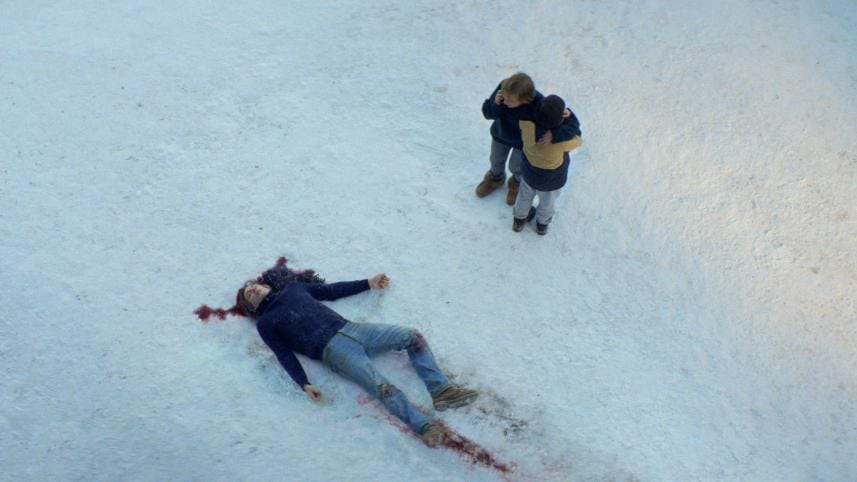
Justine Triet's Palme d'Or-winner production navigates the aftermath of the suspicious death of Sandra's husband, skillfully blending elements of gender bias, misogyny, and a critique of the justice system's reliance on circumstantial evidence. The film unfolds with methodical precision, exploring the nuances of a potential crime and a moral dilemma that may not resonate with all viewers.
The narrative of "Anatomy of a Fall", while straightforward and unpretentious, is continuously gripping despite its methodical and meticulous reprisal of what happened that heavy-laden snowy day. Commencing with a deceptively ordinary interview with German writer Sandra, the film takes an unexpected turn when her husband Samuel disrupts the proceedings with loud music. This seemingly mundane beginning lays the foundation for a complex and enthralling narrative.
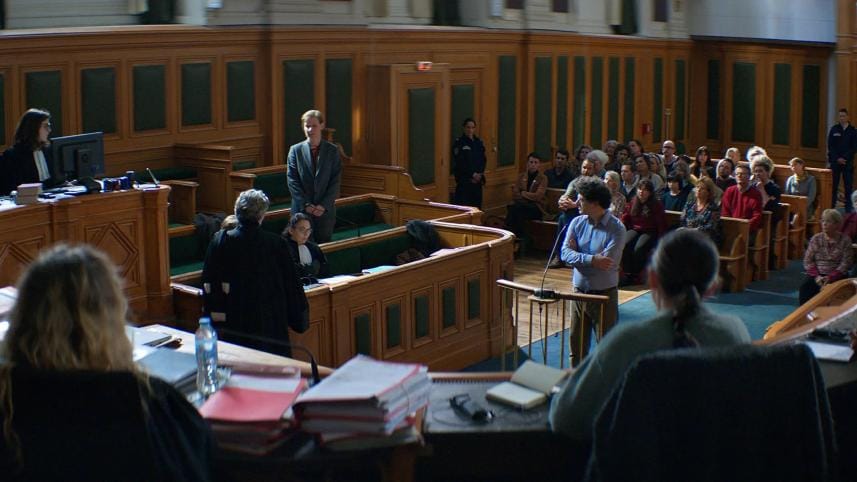
The plot takes a tragic turn as Daniel, Sandra and Samuel's visually impaired son, discovers his father's lifeless body. The subsequent investigation accuses Sandra of murder, paving the way for a series of gripping courtroom trials.
A pivotal moment in the trial reveals the emotional core of the film, as a recorded conversation between Sandra and Samuel exposes the harsh realities of their domestic life. As the courtroom drama unfolds, the audience is taken on an emotional rollercoaster, questioning the motives and actions of each character.
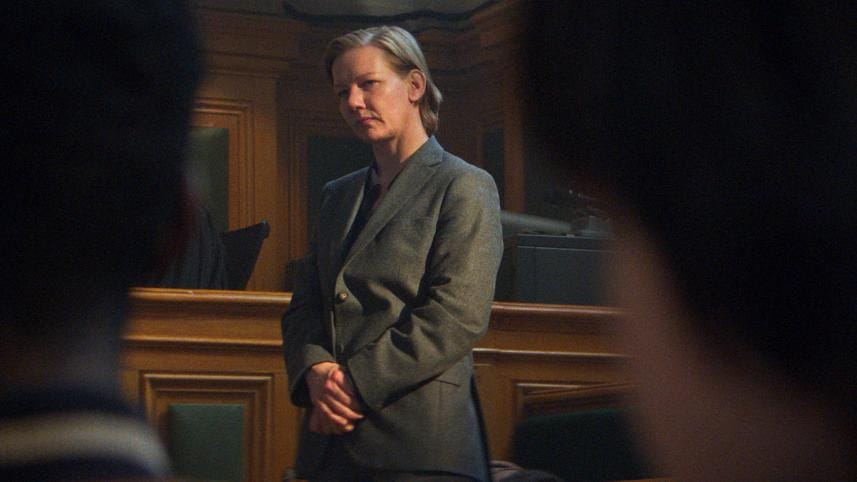
Around the halfway point of "Anatomy of a Fall", a crucial audio recording of a heated argument between Sandra and the deceased Samuel is presented during the trial. This confrontation, secretly recorded by Samuel himself, lays bare the complexities of their troubled marriage, challenging traditional gender roles and raising uncomfortable questions.
The film meticulously dissects every aspect of Sandra's life and marriage, creating a tense atmosphere with a relentless pursuit of the truth. However, as the narrative unfolds, it becomes clear that the truth is far from simple.
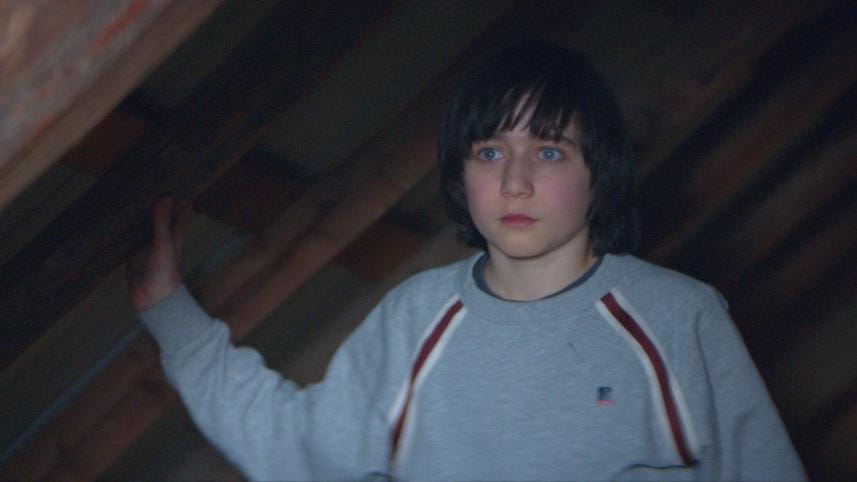
The climax, featuring Daniel's testimony, adds layers of depth to the narrative, shaping the final outcome of the drama. The multilingual aspect and outstanding performances contribute to the overall viewing experience, showcasing Justine Triet's commendable direction in crafting a cerebral trial drama.
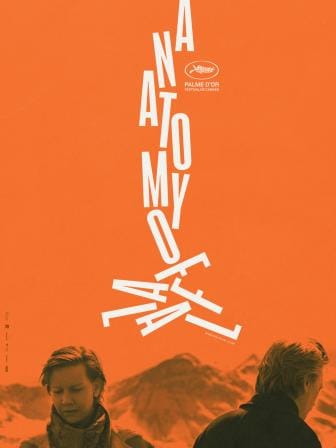
The narrative raises questions about the nature of Samuel's death—whether it was accidental, deliberate, or a suicide. Sandra becomes the prime suspect, and the film masterfully plants seeds of doubt, making the audience question her culpability. Triet's use of three languages adds depth to the storytelling, maintaining a clinical precision that is complemented by Simon Beaufils' cinematography and brilliant sound design.
"Anatomy of a Fall" is not a conventional thriller but a thought-provoking exploration of societal perceptions and biases. Despite a potentially slow pace for some viewers, the continuous shift between events inside and outside the courtroom enhances the film's impact. Sandra Hüller's portrayal of Sandra adds complexity to the character, defying traditional victimisation and presenting a flawed yet compelling protagonist. As the film transitions from a murder mystery to a courtroom drama, it challenges the audience's willingness to empathise with an assertive and potentially unlikeable female protagonist.




 For all latest news, follow The Daily Star's Google News channel.
For all latest news, follow The Daily Star's Google News channel.
Comments